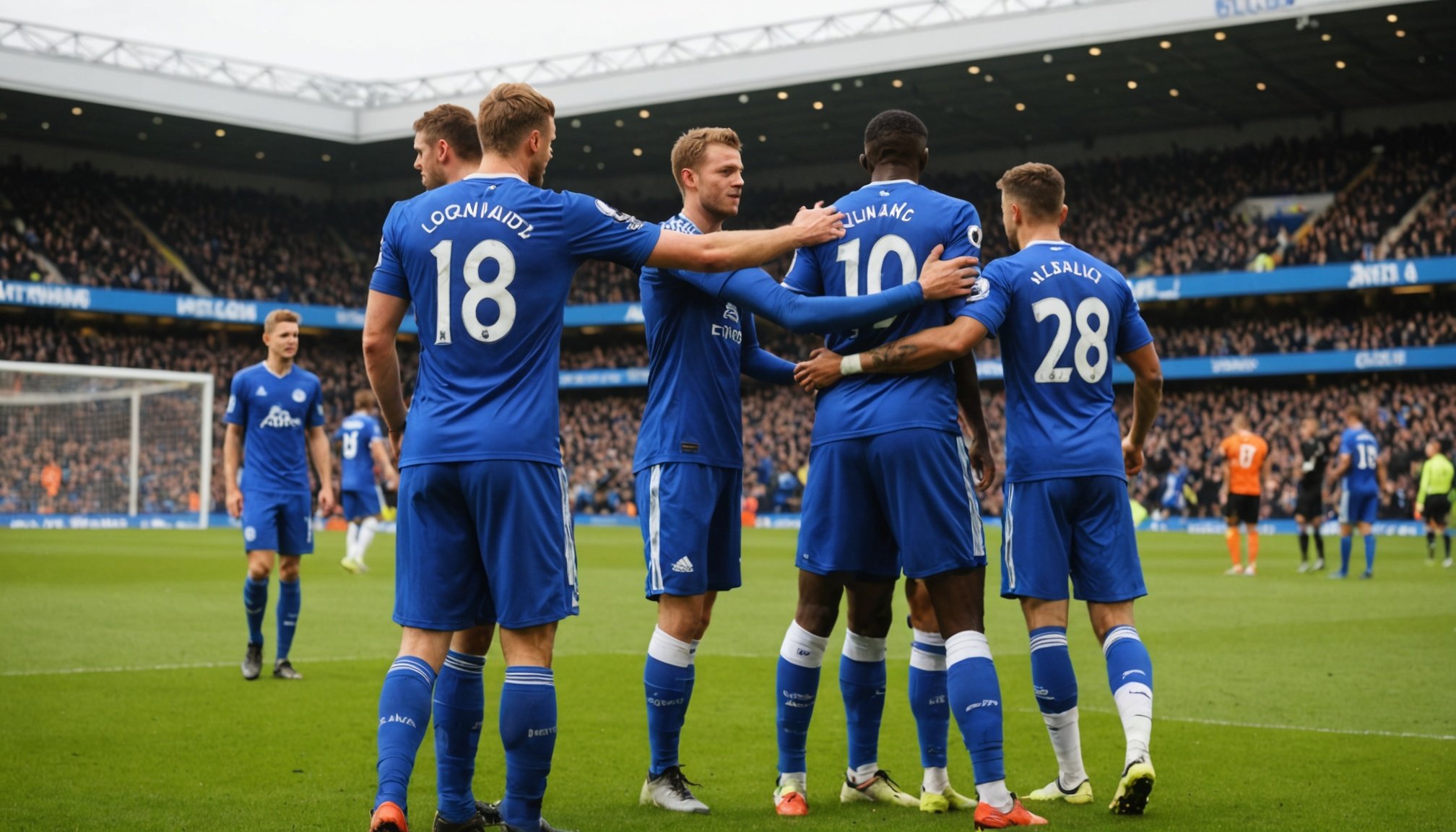In the dynamic world of UK football, one question lingers in the minds of fans, managers, and stakeholders alike: What impact does player loyalty have on the success of football clubs? It’s a query that goes beyond the boundaries of the pitch, influencing club finances, fan engagement, and overall team performance. Player loyalty, while often overshadowed by high-profile transfers, is an invaluable asset that underpins the stability and growth of clubs across the country. This article delves into the essence of loyalty in football, dissecting its multifaceted role and offering insights into how it shapes the destiny of clubs in the UK.
Understanding Player Loyalty in Football
Player loyalty is a cornerstone of football culture, deeply ingrained in the ethos of clubs and their supporters. It encompasses a player’s long-term commitment to a club, often extending beyond high wages or lucrative transfer offers. Loyalty is reflected in a player’s dedication to the club’s values, consistent performance, and passion for the team’s success.
Topic to read : What measures are in place to support retired football players in the UK?
In an era where the allure of international leagues and substantial financial incentives frequently tempt players, loyalty is a rarity. Yet, its influence remains profound. Loyal players become iconic figures, embodying the spirit of the club and fostering a sense of belonging among fans. Their presence is reassuring, creating a stable foundation upon which clubs can build successful teams.
Loyalty breeds trust and continuity—two essential components for any club aspiring to achieve long-term success. It nurtures a sense of community, strengthening the bond between the club and its supporters. Moreover, loyal players often act as mentors to younger teammates, instilling a sense of pride and dedication that transcends individual accolades.
Also to see : Essential Elements for Crafting an Effective Youth Football Training Program to Boost Skill Development
The Economic Benefits of Player Loyalty
In the competitive landscape of UK football, clubs must navigate a complex financial environment where player loyalty can significantly impact economic outcomes. Loyal players contribute to financial stability, a crucial aspect for clubs aiming to maintain a competitive edge.
Cost Efficiency: Loyal players reduce the need for costly transfers, allowing clubs to allocate resources more effectively. With fewer transfers, clubs save on associated costs such as agent fees and signing bonuses. This financial prudence can be reinvested into areas like youth development and infrastructure, fostering a cycle of sustainable growth.
Brand Value: A loyal player can elevate a club’s brand value. They become synonymous with the club’s identity, attracting sponsorship deals and increasing merchandise sales. Fans are more likely to purchase jerseys of players who have shown commitment, further boosting revenue streams.
Market Stability: In a volatile market, player loyalty offers a semblance of stability. Clubs with a core of loyal players find it easier to negotiate broadcast deals and secure long-term partnerships, ensuring a steady flow of income. Investors view these clubs as stable ventures, facilitating financial growth and expansion.
In essence, player loyalty is not just about emotional ties—it has tangible economic advantages that can propel clubs to new heights.
Player Loyalty and Team Dynamics
The impact of player loyalty extends beyond financial gains, playing a pivotal role in shaping the internal dynamics of a team. Loyal players are often the heartbeat of the squad, influencing both the morale and cohesion of the team.
Leadership and Mentoring: Loyal players frequently assume leadership roles, guiding younger teammates through challenges both on and off the pitch. Their experience and understanding of the club’s culture enable them to mentor newcomers, creating a harmonious environment where all players feel valued.
Team Cohesion: A squad with a core of loyal players tends to exhibit higher levels of cohesion. Players who stay committed to a club over time develop a deeper understanding of each other’s playing styles, resulting in more fluid and effective teamwork. This synergy is particularly evident during challenging matches, where the collective resolve of the team can make the difference between victory and defeat.
Cultural Continuity: Loyal players are custodians of a club’s traditions. They uphold the club’s ethos, ensuring that new players and staff align with its values. This continuity is crucial for preserving the club’s identity, fostering a sense of unity that transcends individual differences.
Overall, player loyalty enhances team dynamics, fostering an environment of mutual respect and shared goals.
Loyalty’s Influence on Fan Engagement
The relationship between player loyalty and fan engagement is symbiotic, each feeding into the other’s strength. Fans are the lifeblood of UK football clubs, and their unwavering support often hinges on the loyalty displayed by players.
Emotional Connection: Loyal players become symbols of the club, forging an emotional connection with fans that is invaluable. Their stories of perseverance and commitment resonate deeply, inspiring young fans and fostering a sense of belonging within the community.
Matchday Atmosphere: The presence of loyal players energizes the crowd, creating an electric atmosphere on matchdays. Fans rally behind players who have shown dedication to the club, elevating the overall matchday experience and solidifying their allegiance to the team.
Fan Loyalty: As players demonstrate loyalty, fans reciprocate with unwavering support. They exhibit higher levels of loyalty to the club, attending matches regularly and purchasing club merchandise. This fan dedication contributes to a vibrant fan culture and a thriving club atmosphere.
Ultimately, player loyalty enhances fan engagement, creating a reciprocal relationship that strengthens the club’s community and reinforces its place in the hearts of supporters.
In examining the impact of player loyalty on the success of UK football clubs, it becomes evident that loyalty is a multifaceted asset with far-reaching implications. It fosters economic stability, enhances team dynamics, and cultivates profound fan engagement—all vital ingredients for a club’s long-term success.
As clubs strive to navigate the ever-evolving landscape of modern football, embracing and nurturing player loyalty remains a strategic imperative. By doing so, they not only honor the traditions and values that define them but also build a resilient foundation for future triumphs. In the grand tapestry of football, loyalty is the thread that binds clubs to their past, present, and future, ensuring they remain steadfast in the pursuit of greatness.











